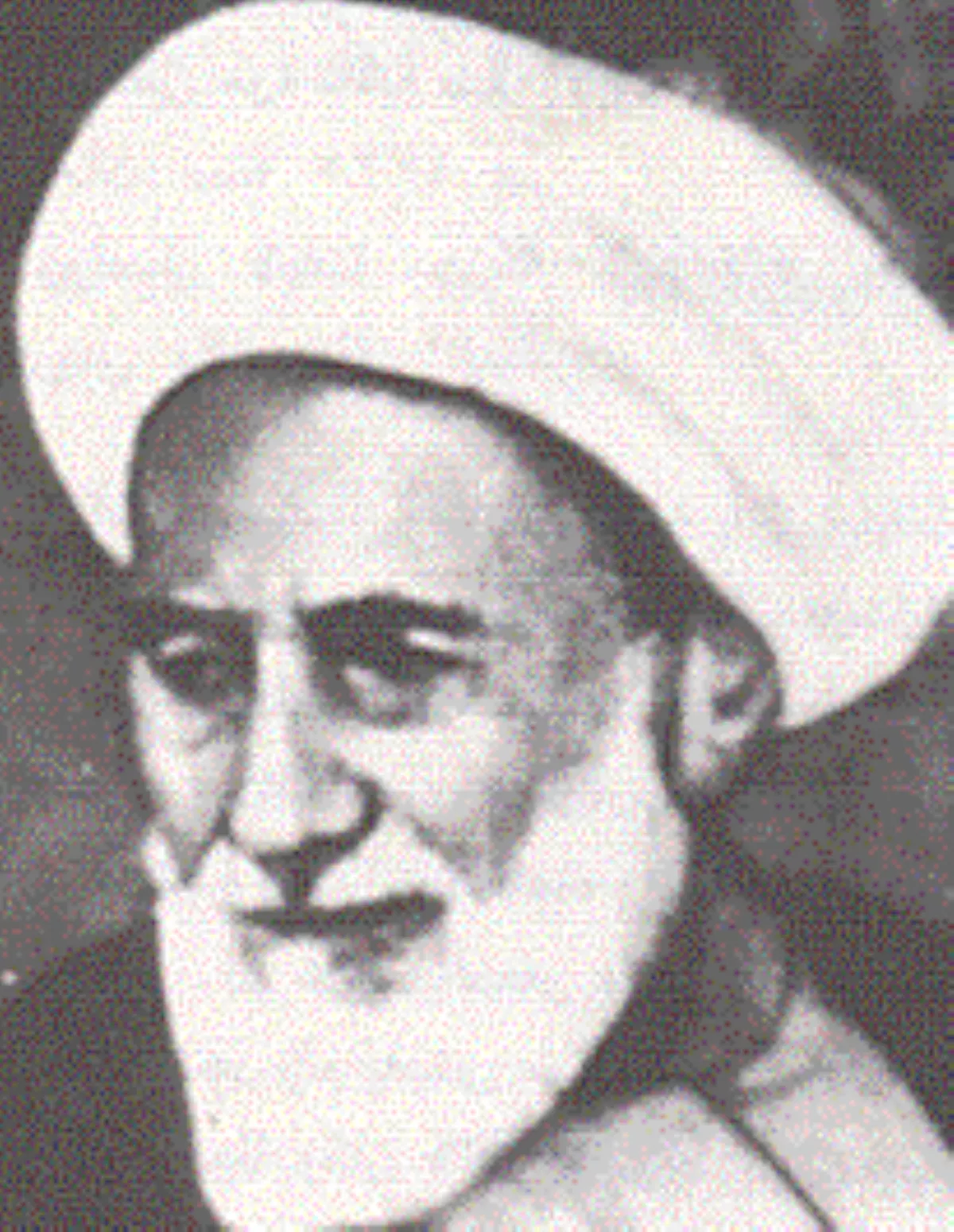 1.
1. Salim al-Bishri, known as Salim al-Bishri al-Maliki, was an Egyptian Sunni religious scholar and a Grand Imam of Al-Azhar.

 1.
1. Salim al-Bishri, known as Salim al-Bishri al-Maliki, was an Egyptian Sunni religious scholar and a Grand Imam of Al-Azhar.
Salim al-Bishri was one of the six Grand Imams who held this position twice, once between 1899 and 1903 and again from 1909 until his death.
Salim al-Bishri had a particular interest in hadiths, which are collections of sayings and actions of Muhammad.
Salim al-Bishri resigned from his position the first time due to a disagreement with the Egyptian government regarding the organization of Al-Azhar.
Salim al-Bishri was born in 1832 in Mahallat Bishr.
Salim al-Bishri studied under various teachers, including the sheikhs al-Alish, al-Khanani, and Ibrahim al-Bajuri.
Salim al-Bishri's uncle was appointed as the leader of a pilgrimage caravan on behalf of Egypt under Mohamed Said Pasha, and he embarked on the Hajj pilgrimage during that time.
Salim al-Bishri later continued his service at the Sayyidah Zainab Mosque and was appointed as a Maliki teacher at al-Azhar University.
Salim al-Bishri gained recognition as a Muslim scholar specializing in hadiths, which was his preferred field of study.
Salim al-Bishri was later appointed as the head of the Maliki school at al-Azhar University as the sheikh and secured a position within the Council of al-Azhar by Hassunah An-Nawawi, the Grand Imam at the time.
Salim al-Bishri became the first Maliki leader of the institution in 175 years.
Salim al-Bishri held opposing views to the theological positions advocated by Muhammad Abduh, the founder of the Egyptian reformist movement, and Jamal al-Din al-Afghani, one of the pioneers of pan-Islamism.
Salim al-Bishri resigned from his position for the first time due to a conflict with the Khedive of Egypt, Abbas II of Egypt, whom he refused to grant the authority to appoint a sheikh within the university.
Salim al-Bishri later returned to his role under Boutros Ghali after negotiating a salary increase for the teachers.
Salim al-Bishri adopted a moderate stance between Egyptian authority and the independence of al-Azhar, agreeing to implement reforms if they contributed to the improvement of the institution.
In 1911, Salim al-Bishri implemented a significant reform within al-Azhar, which, among other changes, established the Supreme Council of al-Azhar.
Salim al-Bishri engaged in discussions with Shiite figures, such as Abd al-Husayn Sharaf al-Din al-Musawi, with whom he maintained a correspondence.